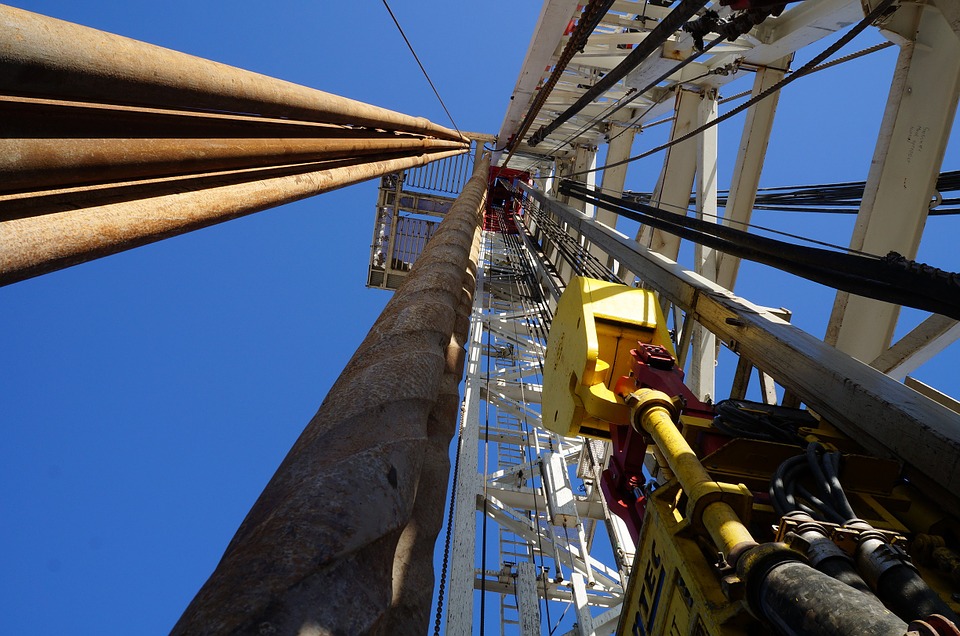How the EU and Russia move (in unison) on decarbonisation

There is a goal that the European Union seems to care a lot about: decarbonising the economy and the gas industry by 2050. An in-depth analysis by Gianni Bessi
The stories of the House of Tsar fly are not inventions: they are fed by a network made up of people who know and love the world of energy and who have had experiences all over the world, from the vast spaces of the Siberian permafrost to the endless American prairies. It is in those places that large deposits of hydrocarbons or raw materials, rare earths and more are found that support the consumerist lifestyle.
There is a goal that the European Union seems to care a lot about: decarbonising the economy and the gas industry by 2050. This goal has produced and will produce many suggestions that our fly listens to and memorizes: among these, not least that which concerns the geopolitical tensions at the eastern borders of the EU, in those lands that were known as the little Russian or the white Russia.
Decarbonization could create opportunities for Russia-EU cooperation given the consolidated and close commercial relationship linked to the transfer of gas with the pipelines that still transport the blue gold from Siberia to our stoves and which has its roots in the middle of the Cold War and in Willy Brandt's Ostpolitik?
How and what, similarly, could a collaboration on Russia-EU decarbonization arise over the next 30 years? In addition to the traditional benefits of reliable pipeline supplies, our whisperers whisper, joint participation in a new hydrogen-based technology path could come into play.
Could a possible starting point for Russian participation in the decarbonisation of the EU be the proposal made by Gazprom's deputy CEO, Oleg Aksyutin?
The Russian Siloviki, especially the men of Gazprom, never speak at random. Let's analyze the proposal, or suggestion if you like, which is divided into three phases. The first consists in the replacement of coal with gas in the production of electricity and of liquid fuels with methane and LNG in the transport sector. It would be a matter of structural decarbonisation. Technological decarbonisation will follow, based on a methane-hydrogen mix (MHM) in the compression stations and its use as fuel gas instead of methane: the objective is to reduce CO2 emissions by about one third. The last step is deep decarbonization, based on the transition to the production of hydrogen from methane without CO2 emissions, in view of the future use of hydrogen.
Could collaboration between research institutes and companies from Russia and the EU for the fastest possible commercialization of this last group of technologies represent a win-win solution for everyone?
However, an expansion of Russian gas supplies to the EU would be needed for the clean production of hydrogen; this would contribute to the development of innovative clean hydrogen production plants on a joint Russia-EU basis to be used as energy in the broad sense, with the effect of reducing the cost of decarbonisation.
There are currently few companies and / or institutions that deal with this hydrogen development using methane without CO2 emissions. Advanced studies are conducted in Russia by Gazprom and the Tomsk Polytechnic University, in Germany by the BASF, Wintershall, Linde, Uniper groups and especially by the Karlsruhe Institute of Technology.
Could it also be for this outlook that brings great benefits to the sustainable energy economy of tomorrow that led Chancellor Angela Merkel to tightly defend the rapid completion of NS2?
And in the same way this outlook will be a harbinger of great concern for the US deep state – we recall an article published by Stratfor on the danger to the US of the hypothetical union of European technology and Russian resources – which traces the deepest and most lasting trends of a single administration. policy for economic, industrial and cultural 'Dominance' made in the USA?
(2. continue; the first part can be read here )
This is a machine translation from Italian language of a post published on Start Magazine at the URL https://www.startmag.it/energia/come-si-muovono-allunisono-ue-e-russia-sulla-decarbonizzazione/ on Sun, 18 Oct 2020 05:53:56 +0000.
